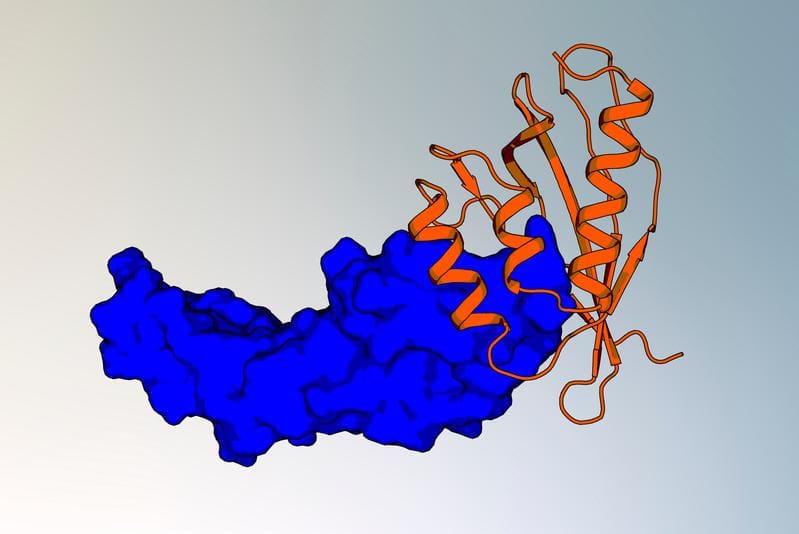Training-free pipeline revolutionizes protein binder design for cancer treatment
A research team from the Max Planck Institute of Biology Tû¥bingen, the University of Tû¥bingen and the University Hospital Tû¥bingen has developed a novel, training-free, computer-assisted pipeline that designs precise protein binders for disease-relevant proteins.
The method, published in Nature Communications, uses shape complementarity to create binders that bind specifically to target sites such as interleukin-7 receptor alpha (IL-7RöÝ) and vascular endothelial growth factor (VEGF), both of which are associated with cancer. By integrating protein databases, physics-based interface design and molecular dynamics simulations, binders with high binding affinity, stability and potent activity were developed.

Experimental tests, including in vivo studies, showed that the binders effectively inhibit tumor growth in animals by blocking signaling pathways. In contrast to data-driven approaches with neural networks, the pipeline is based on basic physical principles, which extends its applicability to synthetic proteins with artificial amino acids.
By using human proteome templates, immunogenic risks are minimized, which facilitates the development of safe therapeutics. The method simplifies the design process, deepens the understanding of protein folding and interactions and opens up new possibilities for drug development and molecular diagnostics in cancer and immune diseases.
Original Paper:
Editorial office: X-Press Journalistenbû¥ro GbR
Gender note. The personal designations used in this text always refer equally to female, male and diverse persons. Double/triple references and gendered designations are avoided for the sake of better readability ected.




